Ishigo Optometry Blog
Learn more about optometry care in our blog!
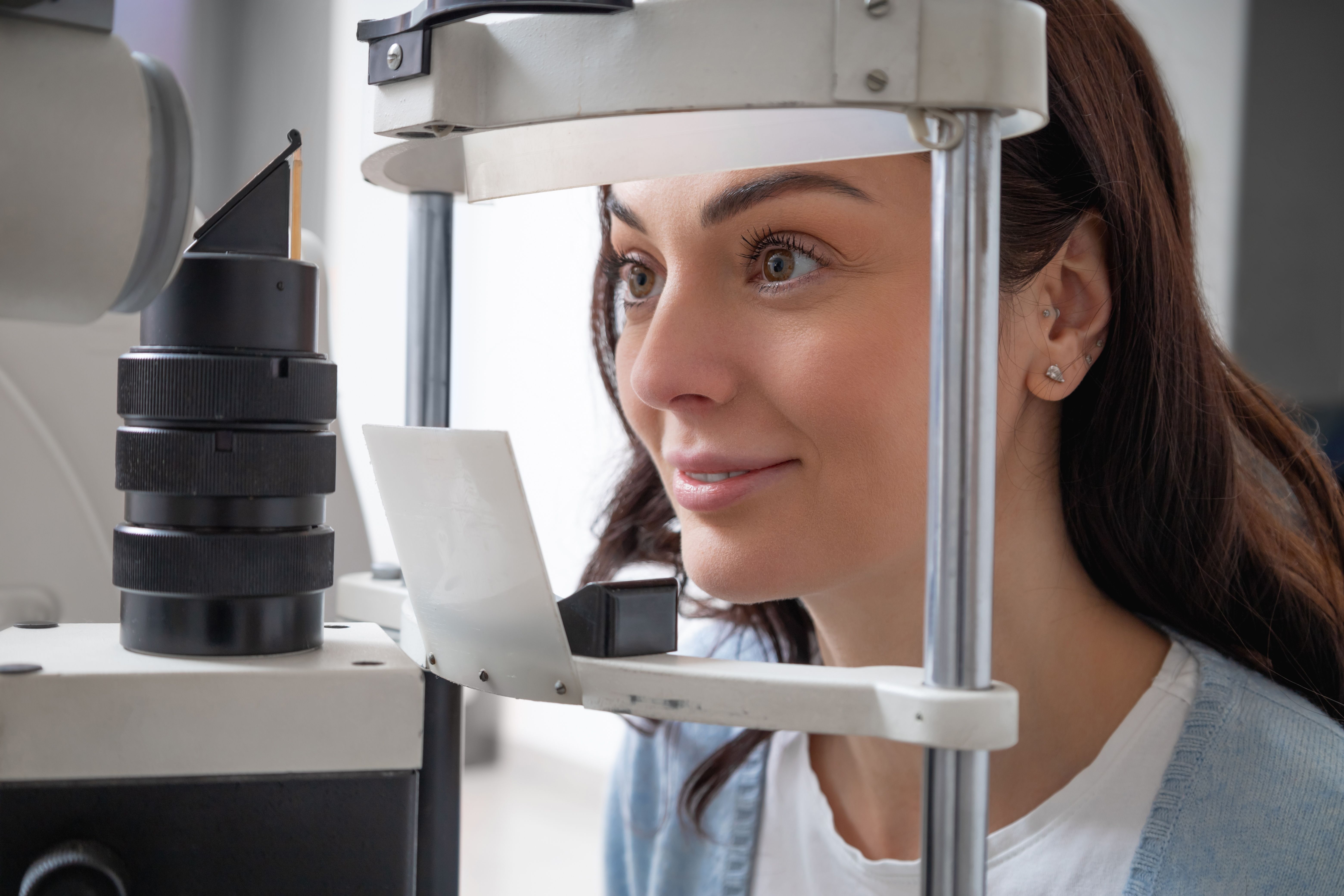
As we age, it’s natural for our eyes to change. Many people notice subtle shifts in how clearly they see, how well they focus, or how their eyes respond to light. While some of these changes are a normal part of aging, others may signal the early stages of an eye disease that requires prompt attention. Knowing the difference - and scheduling the right type of eye care - can help protect your vision for years to come.
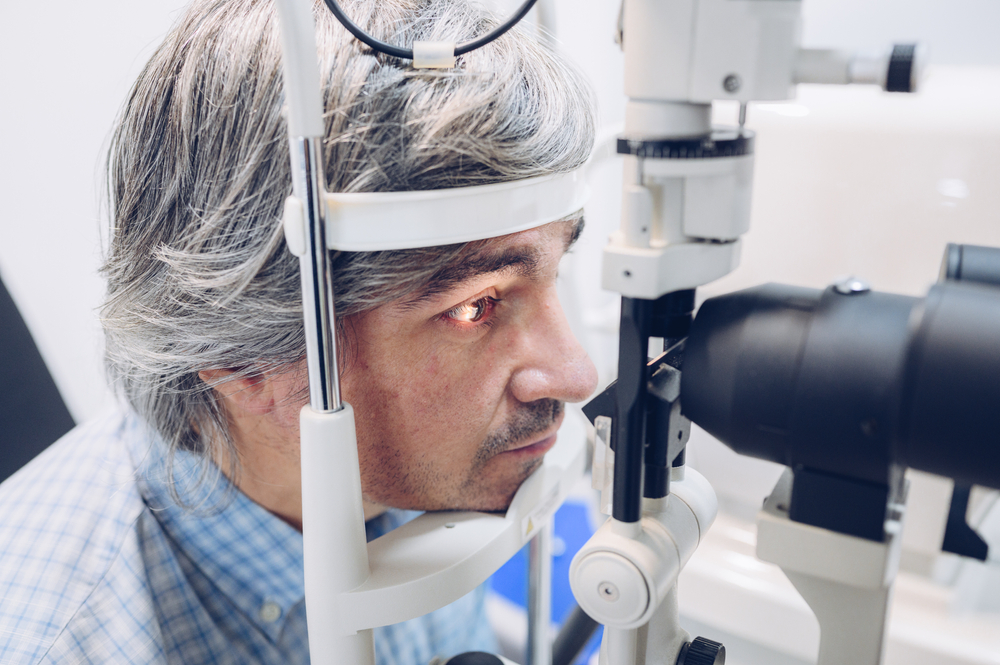
Diabetes doesn’t just affect blood sugar - it can also have a significant impact on eye health. Diabetic-related eye conditions often progress without noticeable symptoms until vision loss occurs, making regular eye exams a crucial part of preventive care. At Ishigo Optometry, we’re dedicated to helping patients protect their sight through early detection and management.
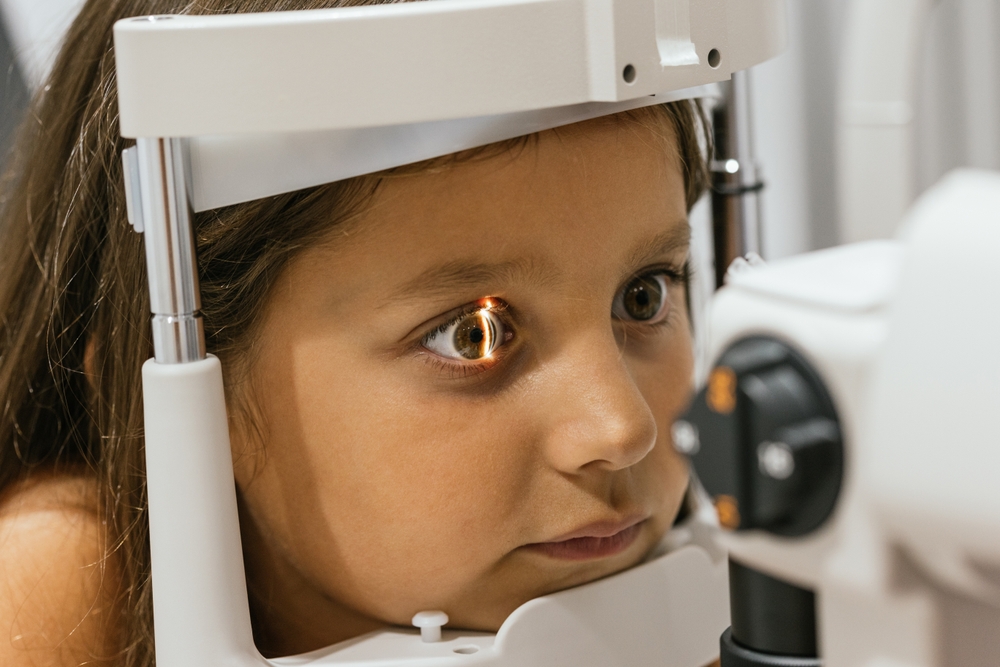
Many parents feel reassured when their child passes a school vision screening. While these screenings can be helpful as a basic checkpoint, they are not a substitute for a comprehensive pediatric eye exam. Understanding the limitations of school vision screenings and the benefits of comprehensive eye exams can help parents make informed decisions about their child’s eye health.
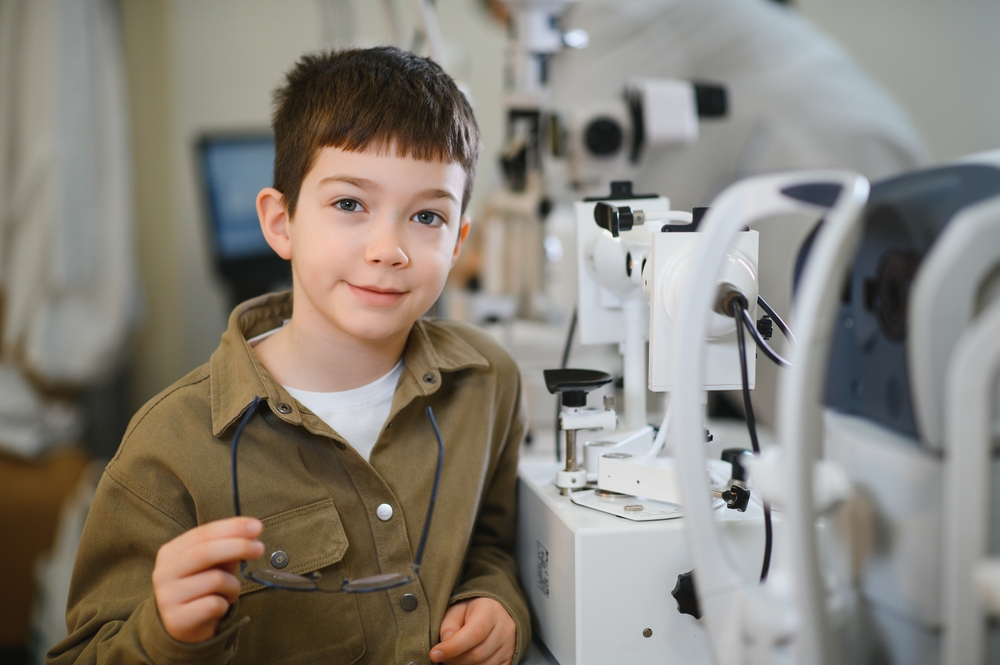
Clear vision plays an essential role in how children learn, explore, and connect with the world around them. Yet many eye conditions develop quietly, without obvious symptoms - and children often don’t know how to describe what they’re experiencing.
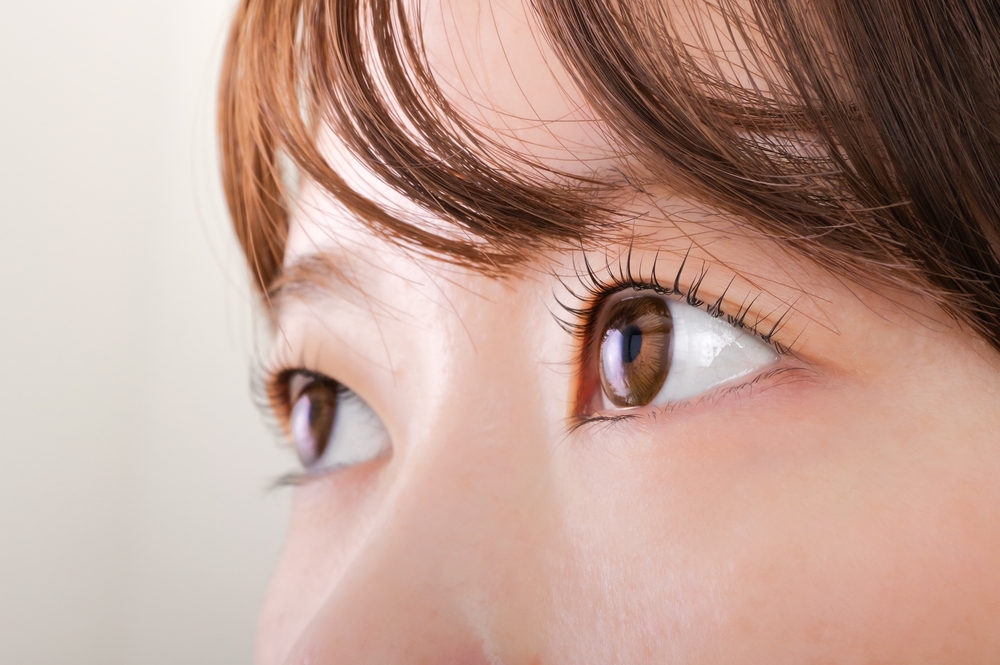
If you’ve been considering laser vision correction, a LASIK evaluation in Gardena, CA is the first step toward achieving clearer vision. A LASIK consultation helps determine if you’re a good candidate and allows you to ask important questions about the procedure, recovery, and results.

Your vision needs can change throughout the day depending on the tasks you’re doing. Whether you’re focusing on your computer, navigating the road, or diving into a good book, the type of glasses you wear can impact your comfort, clarity, and overall eye health. So, do you need different pairs of glasses for different activities? The answer depends on your lifestyle, vision prescription, and personal preferences.

Have you ever noticed tiny spots, squiggly lines, or cobweb-like shapes drifting across your vision? These visual disturbances are called eye floaters, and for most people, they’re a normal part of aging. However, in some cases, floaters can signal an underlying eye condition that requires prompt attention.

If your eyes start itching, watering, or turning red around certain seasons or environments, allergies may be the cause. While many associate allergies with sneezing or nasal congestion, they can also have a major impact on your eyes.

Living with diabetes means staying vigilant about many aspects of your health, and your eyes are no exception. Diabetes can lead to several serious eye conditions that may not show noticeable symptoms until they have already caused significant damage. That is why regular eye exams are an essential part of managing your overall wellness.

Digital retina imaging is a modern, non-invasive diagnostic tool that allows eye care professionals to take high-resolution images of the back of the eye, including the retina, optic nerve, macula, and blood vessels. At Ishigo Optometry, we use this advanced technology to detect and monitor a range of eye conditions - often before any noticeable symptoms appear.










